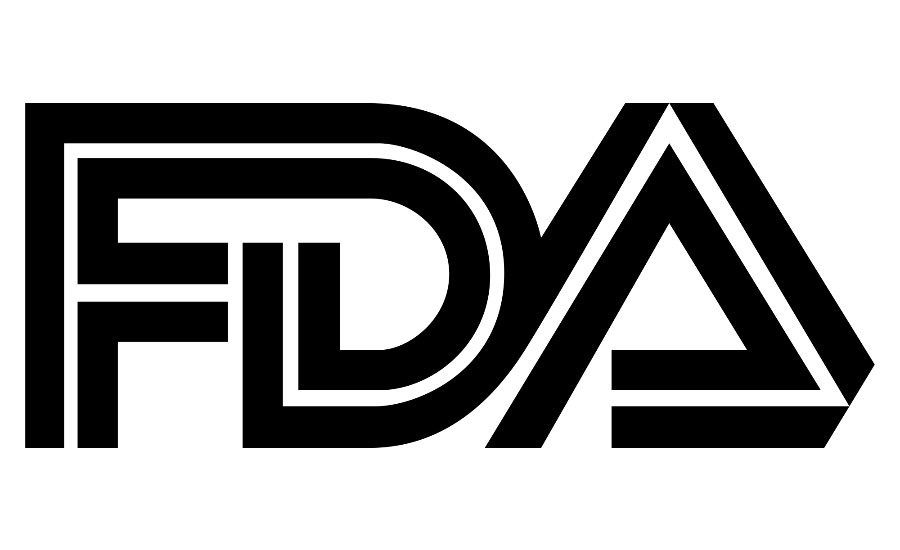Article
FDA Grants Priority Review for Dapagliflozin
Author(s):
If approved, the treatment would be the first SGLT2 inhibitor for patients with chronic kidney disease.

This article was originally published in AJMC.
The US Food and Drug Administration (FDA) has granted Priority Review dapagliflozin (Farxiga), which if approve would become the first sodium glucose co-transporter 2 (SGLT2) inhibitor approved to treat patients with chronic kidney disease (CKD), with and without type 2 diabetes (T2D).
The FDA is expected to make decision during the second quarter of 2021, according to a statement from AstraZeneca.
SGLT2 inhibitors were originally developed to treat T2D and function by targeting a protein that blocks the body’s ability to reabsorb excess glucose and instead cause it to be expelled from the body in urine. SGLT2 inhibitors have also been shown to reduce the risk of heart failure. Specifically, dapagliflozin was approved to reduce the risk of hospitalization for heart failure in patients with T2D and established cardiovascular (CV) disease or multiple CV risk factors.
Risk of developing heart disease is often associated with CKD. CKD is expected to be the fifth leading cause of death in the world by 2040 and currently impacts an estimated 37 million Americans.
Dapagliflozin received Breakthrough Therapy Designation in October 2020 for CKD and T2D based on the results of the DAPA-CKD trial, which showed a 39% decline in the risk of declining renal function or cardiovascular or renal death when given alongside standard of care. Results also showed dapagliflozin reduced the risk of death from any cause by 31%.
The findings were presented August 30 during the European Society of Cardiology 2020 Virtual Congress.
“This decision brings us a step closer to delivering this new treatment option for the millions of patients living with chronic kidney disease in the US. FARXIGA has the potential to be a truly transformational medicine across a breadth of diseases, including type 2 diabetes, heart failure with reduced ejection fraction and, if approved, chronic kidney disease,” said Mene Pangalos, executive vice president of Biopharmaceuticals Research and Development.
In May 2020, the FDA approved the drug for the treatment of heart failure with reduced ejection fraction in adults with and without T2D. It was the first time a drug in a class developed for diabetes was approved for heart failure even if diabetes was not present.





